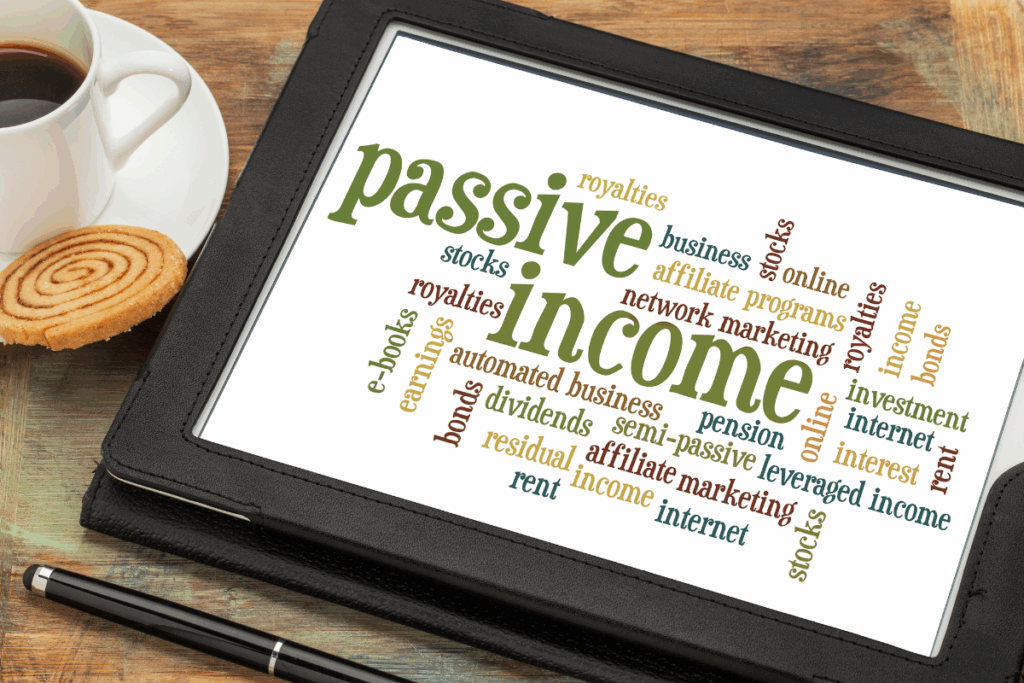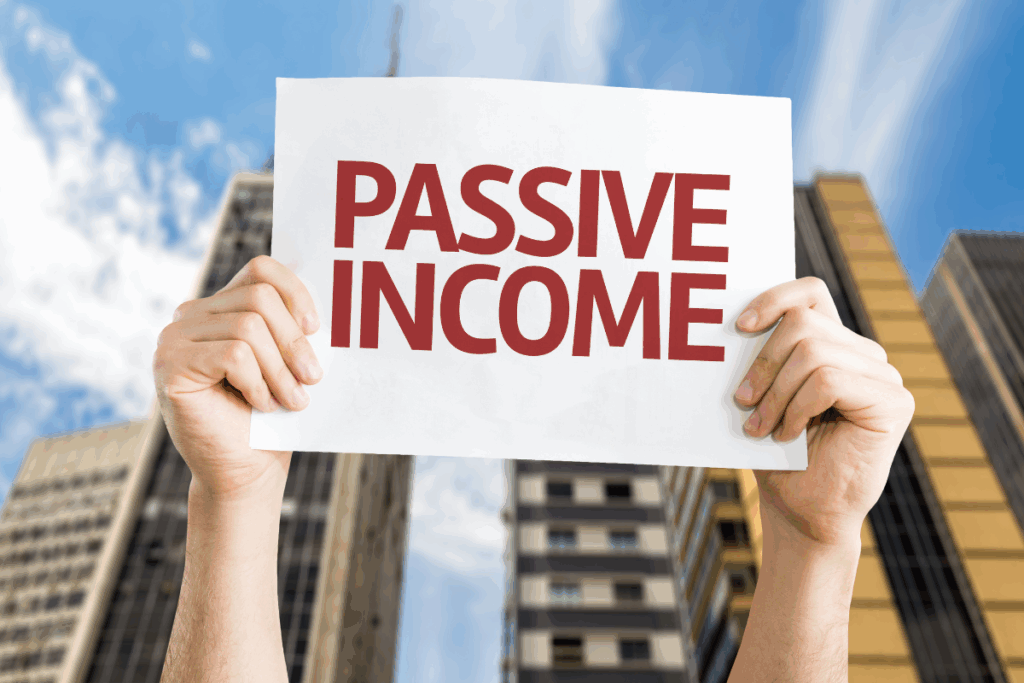In a fast paced city like Singapore, finding ways to earn money without constantly exchanging time for cash has become a goal for many residents, expatriates, and investors. Passive income provides an opportunity to build financial security while freeing up time for personal pursuits or further investment ventures. As we move into 2025, there are numerous strategies to generate steady streams of income. Some methods are rooted in traditional investments, while others leverage modern technology and digital platforms. This article explores the best options for earning passive income in Singapore, highlighting potential returns, required investment, and practical considerations for each approach.
Real Estate Investment
Real estate has long been considered one of the most reliable forms of passive income. In Singapore, property investment remains attractive due to the city state’s stable economy, limited land availability, and high demand for housing.
Rental Properties
Purchasing residential property for rental purposes can provide consistent monthly income. For investors with sufficient capital, condominiums and landed properties in popular districts offer opportunities for long term growth and steady rental yield. Rental income varies depending on location, size, and condition of the property. Properties in central areas or near reputable schools tend to command higher rent. While property management requires some initial effort, hiring a property agent can make the process largely hands off. Investors should also consider maintenance costs, property taxes, and market fluctuations on rental demand.
Real Estate Investment Trusts
For those who prefer a lower entry barrier, real estate investment trusts, or REITs, are an excellent alternative. REITs pool capital from multiple investors to purchase and manage income producing properties, distributing profits to shareholders as dividends. Singapore has a well regulated REIT market offering a diverse range of opportunities, including retail malls, office buildings, and industrial facilities. REITs are accessible and liquid, as shares can be traded on the Singapore Exchange.
Co-living Spaces
Co-living arrangements are gaining popularity among young professionals seeking affordable, flexible accommodation. Investors can purchase or lease properties specifically for co-living and rent them out to multiple tenants. This approach often generates higher rental income per square metre compared to traditional leasing. While managing multiple tenants requires more attention, hiring a management company can reduce the workload and make the investment largely passive.
Property Crowdfunding
A newer option in Singapore is property crowdfunding, where individuals can invest smaller amounts in real estate projects alongside other investors. Crowdfunding platforms typically offer access to residential and commercial developments, with returns generated from rental income or profit upon sale. This method allows investors to diversify across multiple properties with limited capital. It is essential to choose platforms regulated by the Monetary Authority of Singapore and review project details carefully.
Stock Market and Investment Funds
Investing in the stock market or through managed funds provides another route to passive income, allowing your money to work for you over time.
Dividend Stocks
Dividend stocks are shares in companies that distribute a portion of their profits to shareholders regularly. In Singapore, many blue chip companies listed on the Singapore Exchange provide attractive dividend yields. Banks, telecommunications companies, and real estate firms often pay dividends quarterly or annually. Investors benefit from both potential capital growth and regular income. Diversifying holdings helps mitigate risk, as stock values can fluctuate due to economic conditions or company performance.
Exchange Traded Funds
Exchange traded funds, or ETFs, offer a convenient way to invest in a broad range of assets without selecting individual stocks. ETFs often track indexes such as the Straits Times Index, providing exposure to the overall market. Many ETFs focus on dividend paying companies, making them suitable for passive income seekers. ETFs are generally cost effective and reflect the collective growth of underlying assets.
Robo-advisors
For those who prefer a hands off approach, robo-advisors provide automated portfolio management based on your risk profile and investment goals. Singapore has several licensed platforms that invest in diversified portfolios of stocks and bonds. Robo-advisors handle rebalancing and reinvest dividends, making it a simple way to generate passive returns over time. Fees are usually lower than traditional financial advisors, and the platforms are accessible to investors with modest capital.
Digital Income Streams
The digital economy has opened up numerous avenues for earning passive income online, allowing individuals to monetise skills, content, or platforms.
Online Businesses
Creating an online business can be a lucrative long term strategy. This might include dropshipping, print on demand, or selling digital products such as ebooks or courses. Establishing the business requires effort upfront, but systems can be automated to reduce day to day involvement. Using e-commerce platforms and marketing tools helps maintain sales without constant supervision.
Content Creation
Content creators on platforms like YouTube, podcasts, or blogs can generate passive income through advertising, sponsorships, and affiliate marketing. Producing content that continues to attract an audience over time provides long term monetisation. Popular niches in Singapore include lifestyle, travel, personal finance, and food. Building an audience can take time, but once established, content can continue generating revenue without significant ongoing effort.
Affiliate Marketing
Affiliate marketing allows individuals to earn commissions by promoting products or services through websites, social media, or newsletters. Earnings are based on sales generated through affiliate links. This strategy can be combined with content creation or implemented independently. Once the content is live, it can continue producing income for months or years.
Peer to Peer Lending and Fixed Deposits
For investors seeking lower risk options, earning interest through peer to peer lending or traditional banking instruments is an effective method.
Peer to Peer Lending
Licensed peer to peer lending platforms in Singapore connect investors with borrowers, providing higher interest returns than standard savings accounts. Investors receive regular interest payments and can diversify across multiple borrowers to reduce risk. It is essential to select platforms regulated by the Monetary Authority of Singapore and assess borrower profiles carefully.
Fixed Deposits
Traditional fixed deposits remain a reliable option for those seeking secure, predictable returns. Banks in Singapore offer accounts with varying tenures and interest rates. Although returns are generally lower than other investment methods, fixed deposits are low risk and insured by the Singapore Deposit Insurance Corporation up to a certain limit.
Government and CPF Related Options
Singapore residents can also leverage government backed investment options to grow passive income safely.
CPF Investment Schemes
The Central Provident Fund allows Singaporeans to invest a portion of their savings into approved investment schemes. These investments can generate higher returns than standard CPF interest rates, providing a government supported avenue for passive income. Options include government bonds, approved unit trusts, and stocks listed on the Singapore Exchange. Diversification enhances returns while maintaining a strong safety net.
Sustainable Government Bonds
The Singapore government occasionally issues bonds aimed at funding sustainable projects. These bonds provide fixed interest payments over a specified period, offering a low risk method to generate passive income while contributing to social and environmental initiatives.
Tips for Success
Regardless of the passive income strategy chosen, certain principles apply universally.
Risk Management
Diversifying investments across multiple asset classes and income streams reduces risk. Overconcentration in a single investment can expose you to market fluctuations or unforeseen events.
Long Term Perspective
Most passive income strategies require patience. Investments in real estate, stocks, or online businesses take time to mature and generate meaningful returns. Maintaining a long term perspective allows you to ride out short term volatility.
Tax Considerations
Understanding tax implications is crucial. Some investments, such as dividends or rental income, may be subject to taxes. Consulting a tax professional can help optimise returns and ensure compliance with local regulations.
Professional Advice
Seeking advice from licensed financial advisors, property agents, or investment consultants provides guidance tailored to your financial situation. Professionals can help identify suitable opportunities, evaluate risks, and structure investments efficiently.
Automation and Delegation
The goal of passive income is to reduce active involvement. Wherever possible, automate processes such as property management, portfolio rebalancing, or online sales. Delegating tasks to professionals allows you to focus on growing income streams without being consumed by daily operations.
Continuous Learning
Financial markets, technology, and regulations constantly evolve. Staying informed about trends in Singapore and globally ensures you can adapt strategies, seize new opportunities, and mitigate risks effectively.
Conclusion

Earning passive income in Singapore in 2025 is achievable through a combination of traditional investments, digital ventures, and government supported schemes. Real estate, dividend stocks, ETFs, online businesses, and peer to peer lending all offer unique advantages depending on your capital, risk tolerance, and time commitment. The key to success lies in diversification, careful planning, and leveraging professional guidance.
By taking a proactive yet patient approach, it is possible to create sustainable income streams that provide financial security and freedom in a dynamic city like Singapore. Whether you are a resident looking to supplement your income, an expatriate seeking long term stability, or an experienced investor aiming to grow your wealth, there are strategies suitable for every level. The landscape of passive income continues to evolve, and with informed decisions, you can take advantage of opportunities in 2025 and beyond.


















